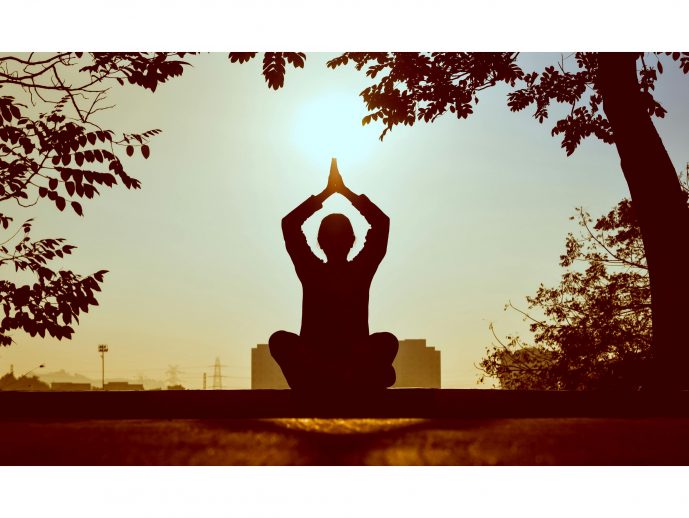Categories more
- Adventures (17)
- Arts / Collectables (15)
- Automotive (37)
- Aviation (11)
- Bath, Body, & Health (77)
- Children (6)
- Cigars / Spirits (32)
- Cuisine (16)
- Design/Architecture (22)
- Electronics (13)
- Entertainment (4)
- Event Planning (5)
- Fashion (46)
- Finance (9)
- Gifts / Misc (6)
- Home Decor (45)
- Jewelry (41)
- Pets (3)
- Philanthropy (1)
- Real Estate (16)
- Services (23)
- Sports / Golf (14)
- Vacation / Travel (60)
- Watches / Pens (15)
- Wines / Vines (24)
- Yachting / Boating (17)
How Wellness Products Are Shaping Everyday Routines
Published
08/27/2025In recent years, wellness has moved from being a luxury to an essential part of daily living. People are becoming increasingly mindful of the way their choices impact not only their health but also their energy, focus, and emotional balance. This cultural shift has led to the integration of wellness products into everyday routines, creating new habits that promote long-term vitality. From nutrition and supplements to mindfulness tools, these products are reshaping how individuals approach their mornings, workdays, and evenings.
The Rise of Wellness as a Lifestyle
Wellness is no longer confined to weekend yoga sessions or annual detox programs. It is now woven into the rhythm of daily life, influencing the way people eat, move, and unwind. This change reflects a growing awareness that health is a continuous journey rather than a short-term fix. Products that support mental clarity, physical endurance, and immune function have become a cornerstone of this lifestyle shift. Instead of being occasional add-ons, they are seen as essential for maintaining balance in a fast-paced world.
Morning Rituals and Energy Boosts
The way we start our mornings often sets the tone for the rest of the day. Many individuals are turning to wellness products that help them feel more energized, focused, and motivated. Whether it’s a supplement that supports cellular health or a plant-based energy drink, these choices can replace less healthy habits such as sugary coffees or energy drinks. The idea is not about quick fixes but about sustainable energy that fuels productivity without the crash.
For instance, supplements designed to promote healthy aging and cellular energy are becoming part of morning routines. Options like the online cbd provide a convenient way to incorporate wellness into daily life while supporting long-term vitality.
Midday Support for Focus and Balance
Workdays often come with stress, deadlines, and mental fatigue. To counteract this, wellness products are increasingly used to restore balance during the day. Adaptogenic supplements, hydration-focused drinks, and mindful breathing apps are tools that help people navigate these challenges without feeling depleted. The emphasis is on maintaining consistent energy levels and mental clarity rather than relying on caffeine or sugar for short bursts of alertness.
Beyond supplements, many people are also adopting healthier snacks and infused beverages during work breaks. These choices reflect a broader movement toward nourishing the body and mind even in the busiest moments.
Evening Wind-Down Practices
Just as mornings are about energy, evenings are about recovery. Wellness products have become integral in helping people transition from the demands of the day into restful, restorative sleep. Herbal teas, magnesium-based supplements, and calming aromatherapy products are commonly used to promote relaxation. These tools align with the understanding that good sleep is the foundation of wellness, influencing everything from mood to immune health.
Creating an intentional evening routine not only improves rest but also provides a sense of closure to the day. The ritual itself—whether it involves skincare, supplementation, or relaxation aids—can be just as beneficial as the product being used.
The Role of Convenience and Accessibility
A major reason wellness products have become so embedded in everyday life is their accessibility. Unlike past generations, where wellness solutions were niche or difficult to find, today’s products are designed with convenience in mind. Gummies, powders, ready-to-drink beverages, and wearable devices all make it simple to integrate wellness into even the busiest schedules.
This convenience means that maintaining health doesn’t require extensive planning or discipline. Instead, wellness fits naturally into existing routines, making it more sustainable in the long run.
A Cultural Shift Toward Long-Term Health
The popularity of wellness products is not just a trend—it reflects a deeper cultural shift toward prioritizing long-term health and vitality. People are more interested in prevention than in treatment, and products that support this proactive mindset are flourishing. Wellness is increasingly seen as an investment, not an indulgence, with benefits that extend far beyond physical appearance.
By incorporating these products into daily routines, individuals are redefining what it means to live well. The focus is not solely on short-term gains but on creating a foundation for a healthier, more balanced future.















